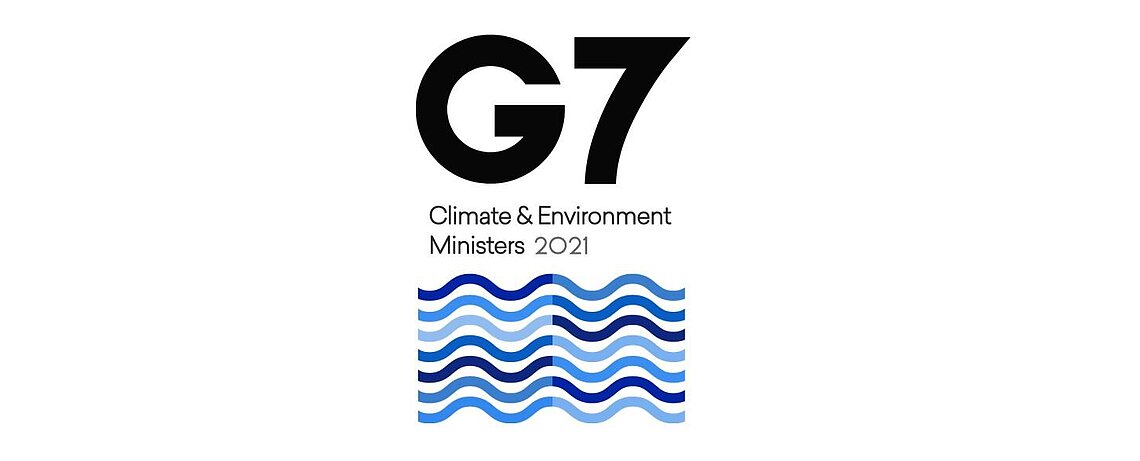June 2021 - At a virtual meeting, G7 climate and environment ministers agreed on a comprehensive declaration which inter alia emphasizes the role of carbon markets for the global transformation - underlining the central importance of ensuring environmental integrity and sustainability contributions. As the ministerial group's communiqué indicates, robust rules and accounting requirements are also intended to avoid any double counting of emission reductions. Such double counting occurs when the same emission reduction is used twice to meet climate change targets. As a result, this practice could jeopardize the environmental integrity of the Paris Agreement and, in the worst case, even lead to a net increase in global emissions.
The categorical exclusion formulated by the G7 also includes a particularly critical form of double counting: double claiming. In double claiming, an emission reduction is claimed not only by the buyer of the carbon credit, but also by the country in which the mitigation activity is implemented. Whether double claiming of emission reductions should be allowed or excluded is controversial, both in terms of the future market mechanisms under Article 6 of the Paris Agreement and in the context of the voluntary carbon market. The lack of agreement on how to deal with double claiming was one of the points of conflict that prevented Parties from adopting an Article 6 framework at the climate negotiations in Madrid at the end of 2019. Agreement on this issue is expected to be reached at the climate negotiations in Glasgow in November 2021. The issue of double claiming within the voluntary carbon market, where carbon credits are mostly used by companies for voluntary compensation of emissions, is particularly contentious. According to some actors, double claiming is less problematic here, as the reductions continue to be claimed by only one country, the country hosting the mitigation project. Since the exclusion of double counting formulated by the G7 also explicitly refers to the voluntary market, such a scenario has now been clearly rejected.

